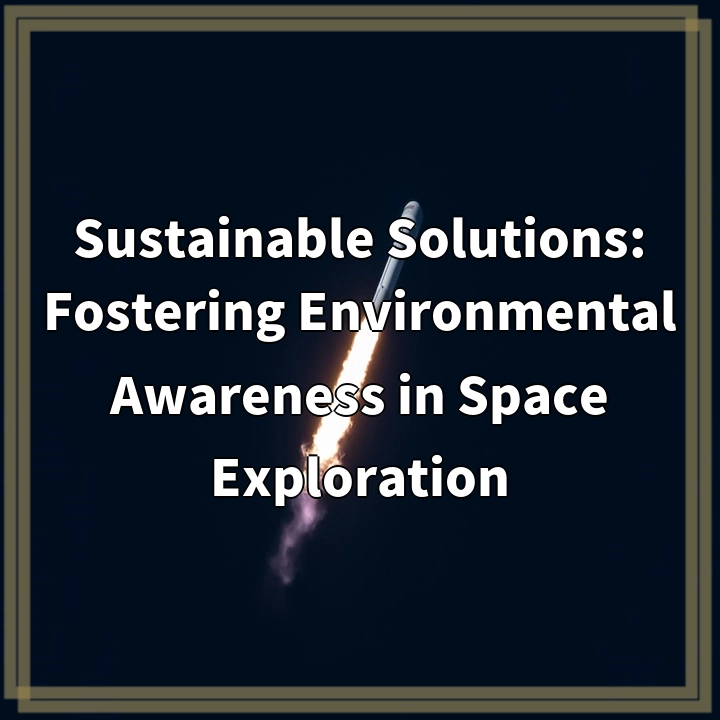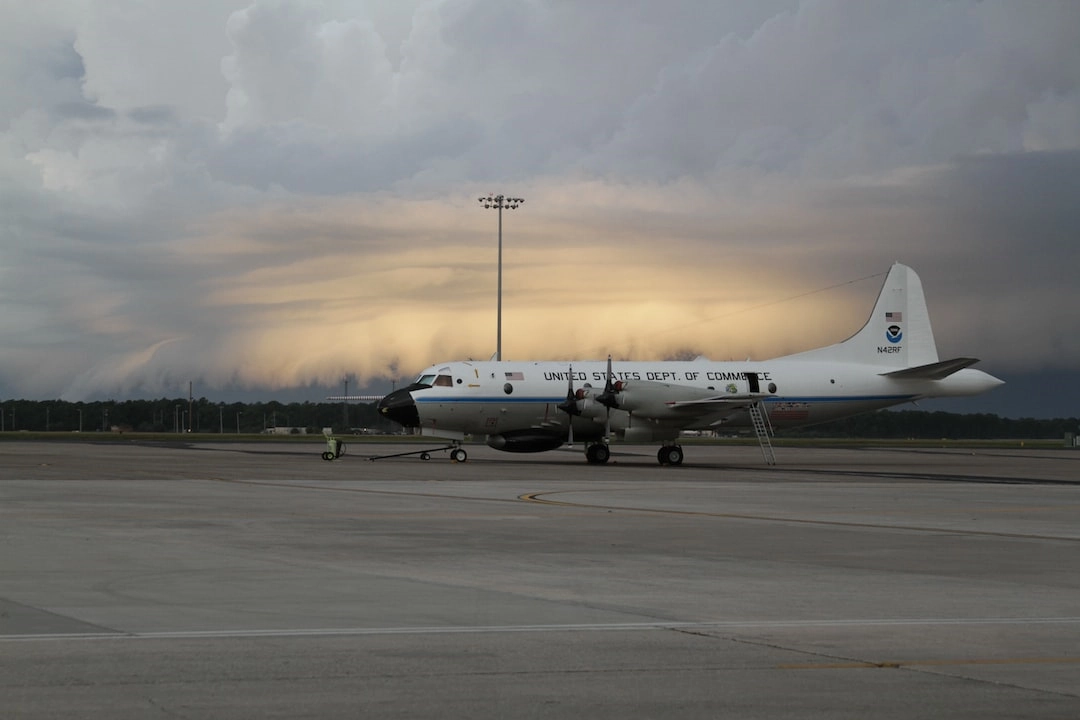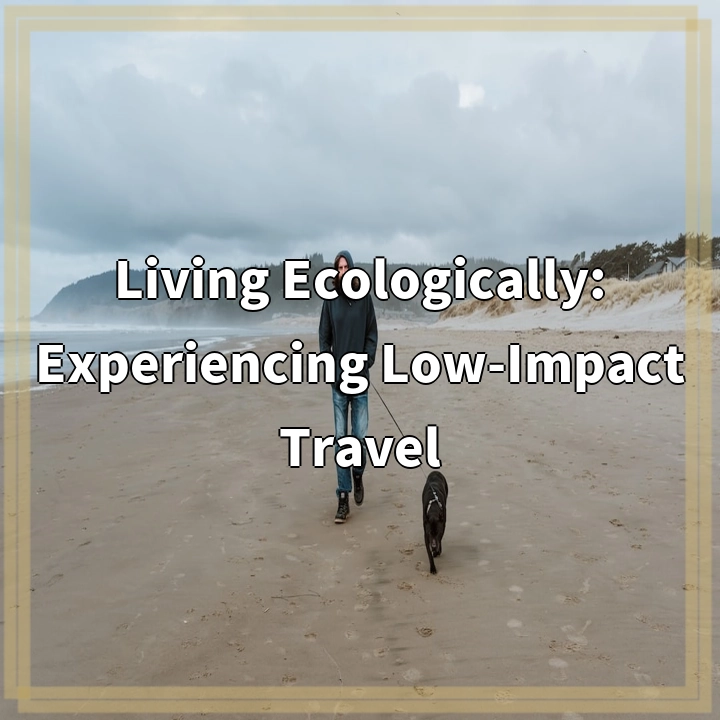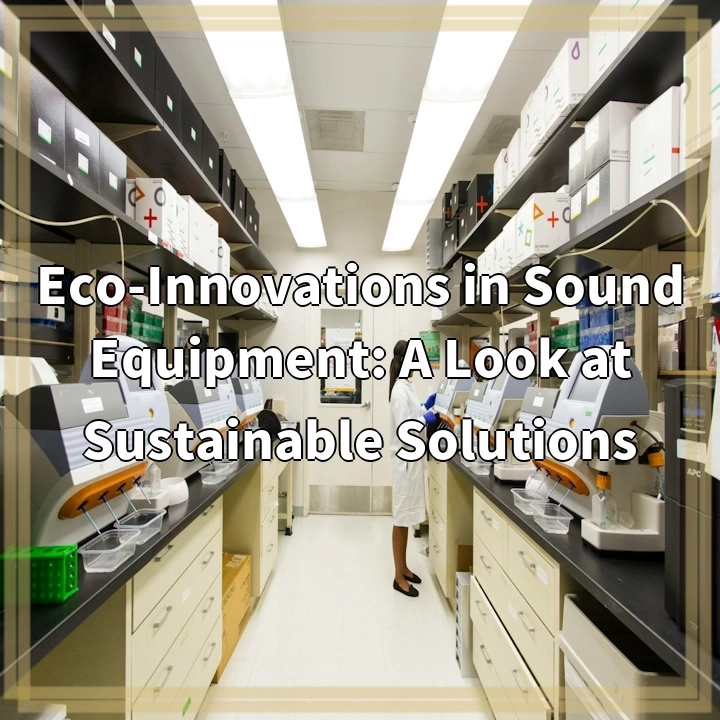
What it is:
Space exploration has always captivated humanity. The limitless wonders of the universe have fueled our curiosity to venture beyond Earth’s boundaries. However, as we continue to push the frontiers of space exploration, it is crucial to consider the environmental impact of such activities and strive for sustainability.
Real-world problems:
1. Space debris:
One of the major concerns in space exploration is the accumulation of space debris. This includes defunct satellites, spent rocket stages, and other fragments that orbit the Earth. These objects pose a significant threat to operational satellites and the International Space Station. The continued growth of space debris could hinder future space missions and even make certain orbits unusable.
2. Resource consumption:
Space missions require significant resources, including fuel, energy, and materials. The extraction and processing of these resources can have adverse environmental impacts. Moreover, the finite nature of resources necessitates sustainable practices in space exploration to ensure their availability for future missions.
3. Planetary protection:
As we venture beyond Earth, it becomes essential to implement measures to prevent contamination of celestial bodies. This contamination could occur through the introduction of microorganisms or other materials from Earth, potentially interfering with scientific research and compromising the study of extraterrestrial life.
4. Climate change:
The effects of climate change are not limited to our planet. Studying climate patterns on Earth and other celestial bodies can provide valuable insights into the broader climate system. However, the carbon footprint associated with space missions, such as rocket launches, must be addressed to minimize their contribution to global warming.
5. Ethical considerations:
Space exploration raises ethical questions, particularly when it comes to extracting resources from celestial bodies. It is essential to develop frameworks and guidelines that ensure responsible and ethical practices to avoid exploitation and damage to extraterrestrial environments.
As we explore the stars and distant planets, it is imperative to prioritize sustainable solutions in space exploration. By taking proactive measures to address these real-world problems, we can foster environmental awareness and pave the way for a more sustainable and responsible future in space exploration.

Solutions for Fostering Environmental Awareness in Space Exploration:
To address the real-world problems associated with space exploration, several sustainable solutions can be implemented:
1. Space debris mitigation:
Efforts should be focused on developing technologies and protocols to actively remove and deorbit space debris. This can include designing satellites with end-of-life disposal mechanisms and promoting international cooperation to establish guidelines for responsible space operations.
2. Resource-efficient missions:
Space agencies should prioritize the development and utilization of resource-efficient technologies. This includes propellant depots for refueling spacecraft, utilization of in-situ resources like water and minerals for manufacturing, and employing renewable energy sources to reduce reliance on fossil fuels.
3. Planetary protection measures:
To preserve the integrity of celestial bodies, strict protocols for planetary protection should be implemented. Spacecraft and rovers should undergo rigorous sterilization procedures to prevent contamination, and future missions should focus on studying celestial bodies remotely instead of bringing back samples.
4. Climate-conscious launches:
Sustainable practices should be adopted in all stages of space missions, including rocket launches. This can involve using cleaner fuels, reducing the number of launches through satellite constellations and ride-sharing options, and offsetting carbon emissions through reforestation or other carbon capture initiatives.
5. Ethics and regulations:
A comprehensive framework of ethics and regulations is necessary to guide space exploration activities. This includes establishing international agreements on resource extraction, ensuring fair and equitable distribution of benefits, and protecting the rights of future generations to explore and enjoy celestial bodies.
By implementing these solutions, we can foster environmental awareness in space exploration and ensure that our endeavors in outer space are conducted in a sustainable and responsible manner.















